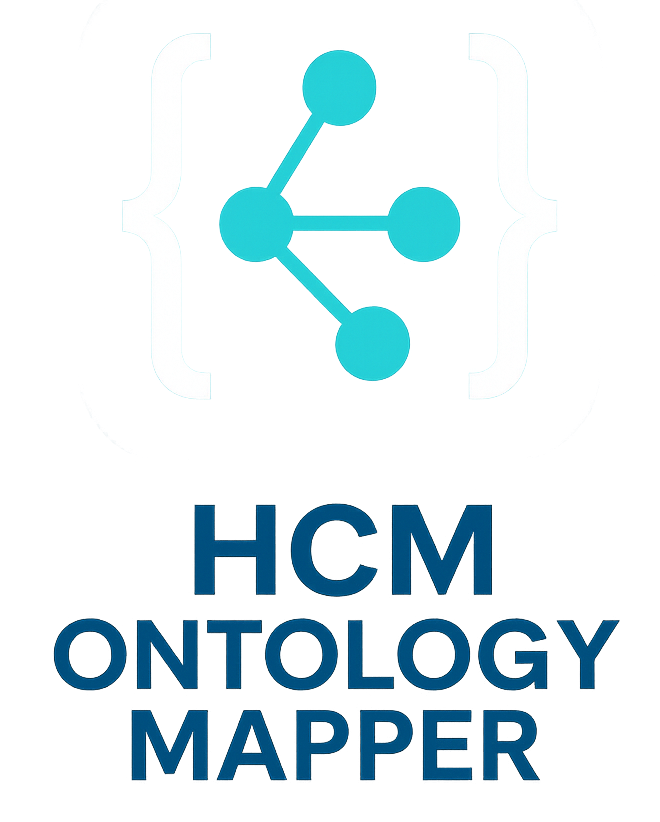Unlocking Reproducibility: Why Metadata Management is the Future of Preclinical Research
Preclinical research stands at a critical juncture, facing mounting pressure from regulators, a persistent reproducibility crisis, and evolving ethical considerations regarding animal welfare. At the heart of these challenges, and indeed their solution, lies metadata management. A recent presentation titled “Enhancing Metadata Management for Reproducibility in Preclinical Research” by Damien Huzard of Neuro Nautix, introduces the MAPP platform as a crucial step towards a more transparent, robust, and ethical scientific future.
The Urgent Need for Change
The Reproducibility Crisis
The scientific community is grappling with a significant challenge: the lack of reproducibility in biomedical studies. A major project designed to validate biomedical research found that only 21% of experiments were replicable when using at least half of the applicable criteria. This statistic underscores the profound need for improved research practices and, critically, better data management.
Evolving Regulatory and Ethical Landscapes
There’s a clear global trend towards reducing and eventually phasing out animal testing. For instance:
- The FDA has announced plans to phase out animal testing requirements for monoclonal antibodies and other drugs.
- The NIH is prioritizing human-based research technologies and will no longer provide exclusive funding for animal experiments.
- Even in France, legislation is being considered to recognize the right to conscientious objection to animal experimentation.
These shifts highlight that increasing regulation necessitates better data management, which in turn requires better metadata management.
The Fragmented Ecosystem
Currently, preclinical research is characterized by a disjointed ecosystem where researchers navigate numerous disconnected tools and data sources. While existing guidelines (like ARRIVE, EDA, PREPARE) aim for transparency and reproducibility, they are often “poorly adhered to, Only at publication”. Similarly, metadata standards (MNMS, IMPreSS, MIATE, SEND), while defining essential metadata, are “still emerging, No tools, Specific”. Software like LIMS and ELNs manage workflows but are often “Siloed, Inconsistent use, Low standardization,” and data repositories, though enabling open sharing, often involve “Post-hoc use, Manual metadata” compilation.
Metadata: The “Data of the Data”
Metadata is fundamentally “The data of the Data”. It’s the information that describes and gives context to research data, making it understandable, interpretable, and ultimately usable. Without robust metadata, raw data loses much of its value.
To address these challenges, the FAIR Principles and the FAIRRR framework are essential:
The FAIR Principles: Findable, Accessible, Interoperable, Reusable
The FAIR principles provide a foundational guide for data management:
- Findable: Data has unique identifiers, rich metadata, and is registered in a searchable source.
- Accessible: Data can be retrieved using standard protocols, with clear authentication where necessary.
- Interoperable: Data uses shared language, FAIR vocabularies, and qualified references, allowing for integration across systems.
- Reusable: Data has rich attributes, clear licenses, detailed provenance, and meets community standards, enabling future use.
The FAIRRR Framework: FAIR for the 3Rs
The FAIRRR framework extends the FAIR principles to encompass “FAIR for the Animals, and for Innovative, Reproducible, and Responsible Research.” It emphasizes that “Every data-management choice as a welfare decision”. This framework directly links FAIR principles to the 3Rs of animal welfare:
- Reduction: Achieved by avoiding redundant experiments, maximizing data reuse, and enabling multi-centre/pooled analyses, stemming from data being Findable and Reusable.
- Replacement: Supported by discovering and validating alternatives, which is facilitated by Accessible and Interoperable data.
- Refinement: Fostered through adopting best practices, increasing transparency, and improving protocol quality, enabled by Interoperable and Reusable data.
MAPP: Your All-in-one Metadata Management Platform
While over 20 FAIR initiatives exist, offering various services, they often “Require extra effort for FAIRification,” and critically, “No initiative provides plug-and-play FAIR-by-design tool”. This is where MAPP (METADATAPP) steps in.
MAPP is designed to be “A central HUB in preclinical research,” integrating and connecting various existing tools and platforms like eLabFTW, OSF, protocols.io, Fair3R, SoftMouse.NET, and the NC3Rs. It offers “FAIR-by-design tools to facilitate exchange across apps and improve research practices,” making research FAIR “From Study conception to Publication (and beyond!).”
Key features and benefits of MAPP include:
- Standardized Metadata Schema: MAPP proposes a comprehensive schema for preclinical research, capturing crucial information about institutes, labs, projects, subjects, experiments, treatments, and environmental housing.
- Stakeholder Integration: The schema is built to integrate input from all key players in preclinical research, including Facility Managers, Lead Scientists, PhD Students, Animal Caretakers, IT personnel, and Vets, ensuring all relevant metadata is captured.
- Seamless Data Flow: MAPP facilitates the transfer of metadata, for instance, from LIMS systems like SoftMouse.NET to data repositories such as Fair3R, enabling rich metadata, DOI assignment, and data visualization.
- Generating New Knowledge: By standardizing and connecting data across different labs and systems, MAPP enables semantic enrichment, ontology mapping, and graph analysis, ultimately accelerating the generation of new scientific knowledge.
The Transformative Impact of FAIR-by-Design Data Management
Implementing a FAIR-by-design (meta)data management system like MAPP yields significant benefits:
- Improved Workflows for all stakeholders.
- Leads to Better Data and enhanced traceability.
- Directly results in Reproducibility of research.
- Ensures Respect for the 3Rs, addressing ethical considerations in animal research.
- Provides a Gain of Time by streamlining processes and reducing redundant efforts.
- Ultimately fosters Better Science and accelerates New Discoveries.
- Promotes Open Science through improved data sharing and collaboration.
The journey towards fully reproducible and responsible preclinical research requires a fundamental shift in how we manage our data. MAPP offers a robust, integrated, and FAIR-by-design solution that not only streamlines research processes but also elevates the quality and ethical standing of scientific discovery.



